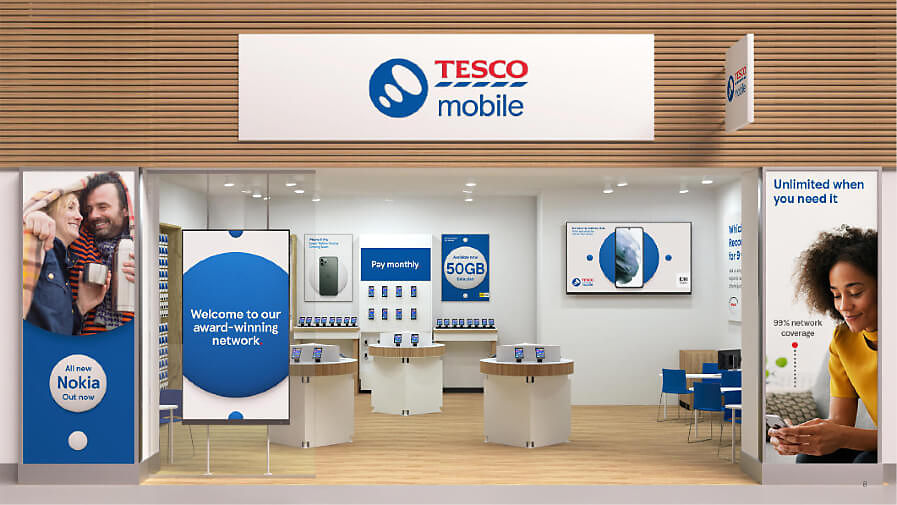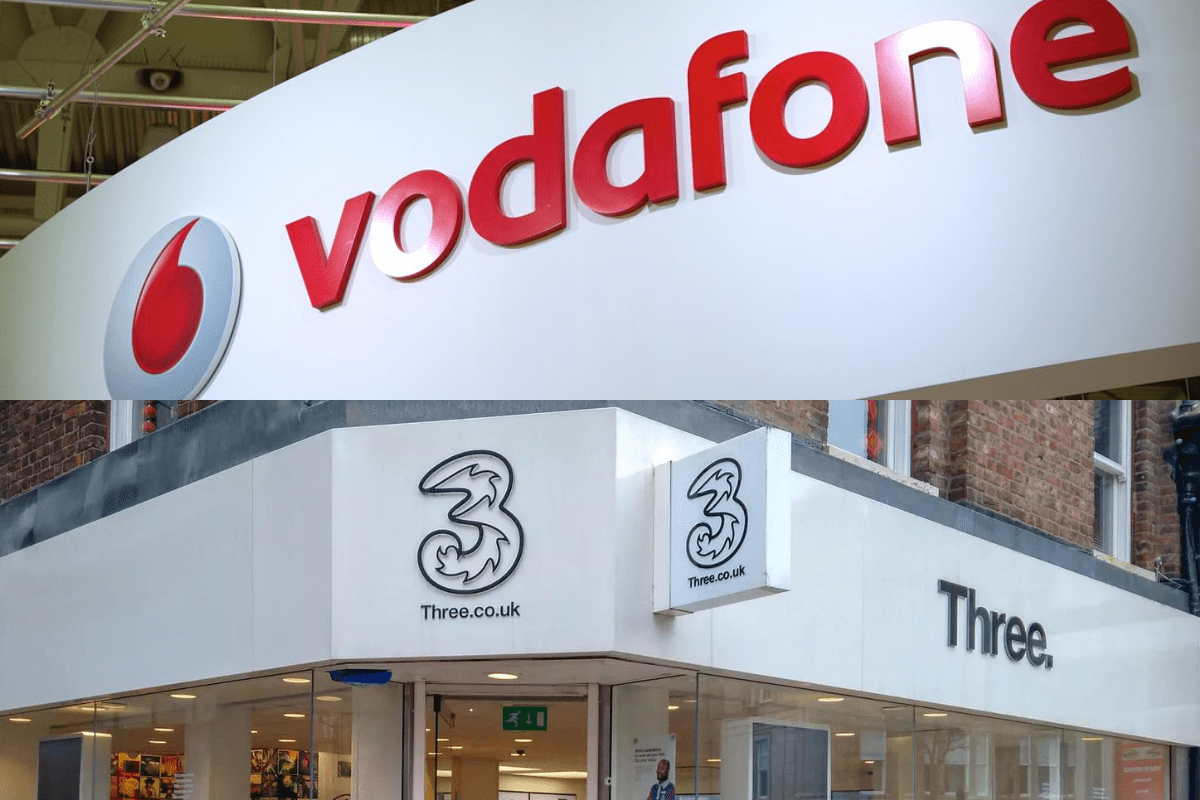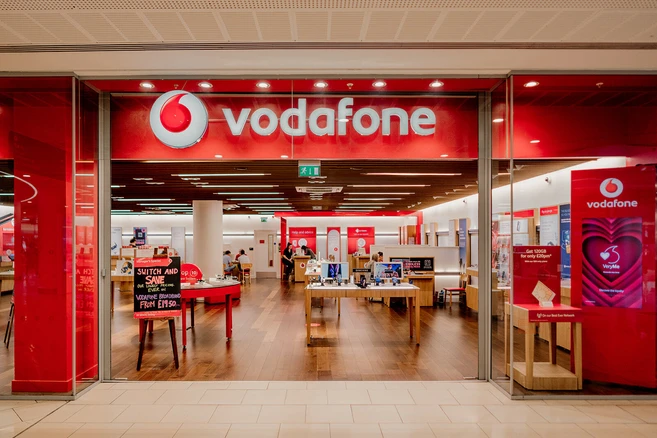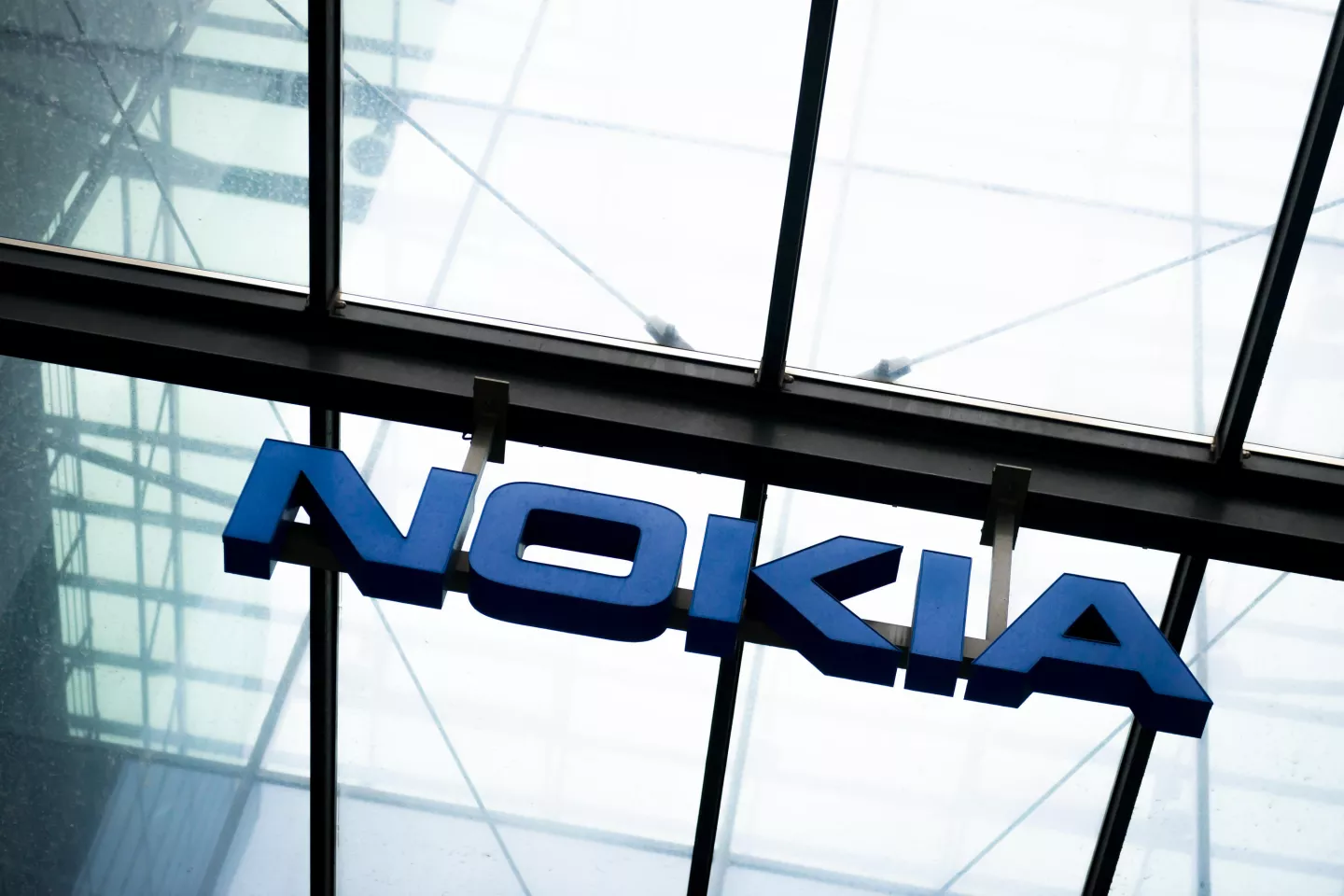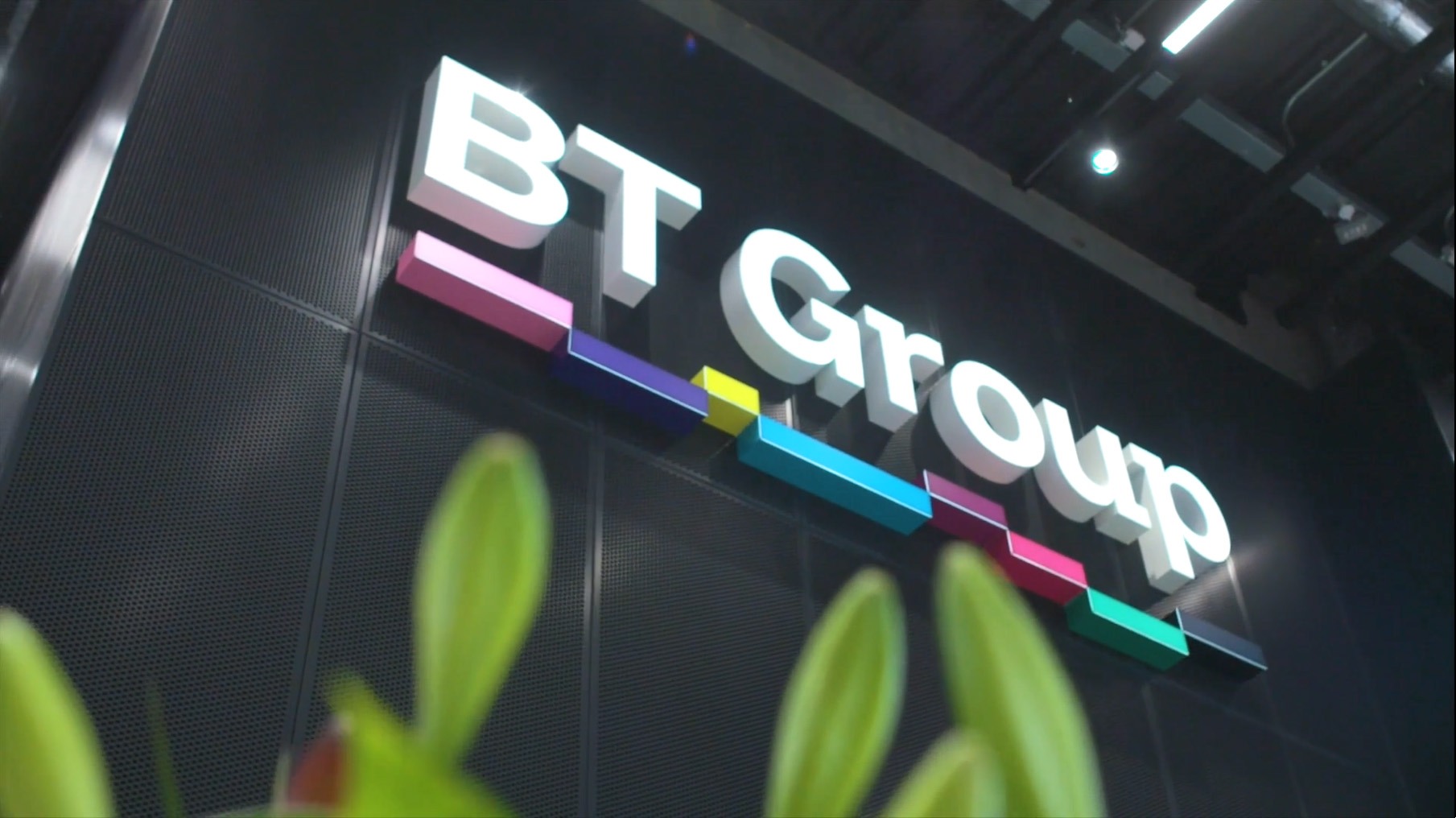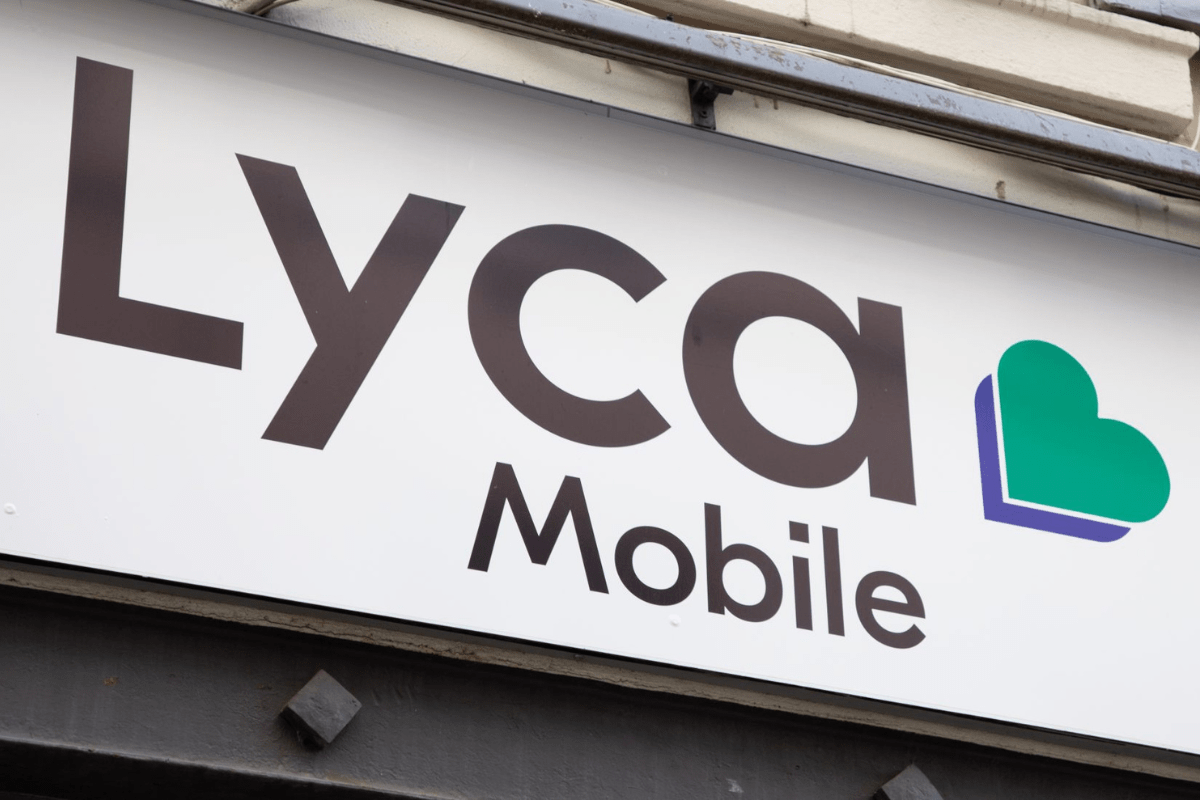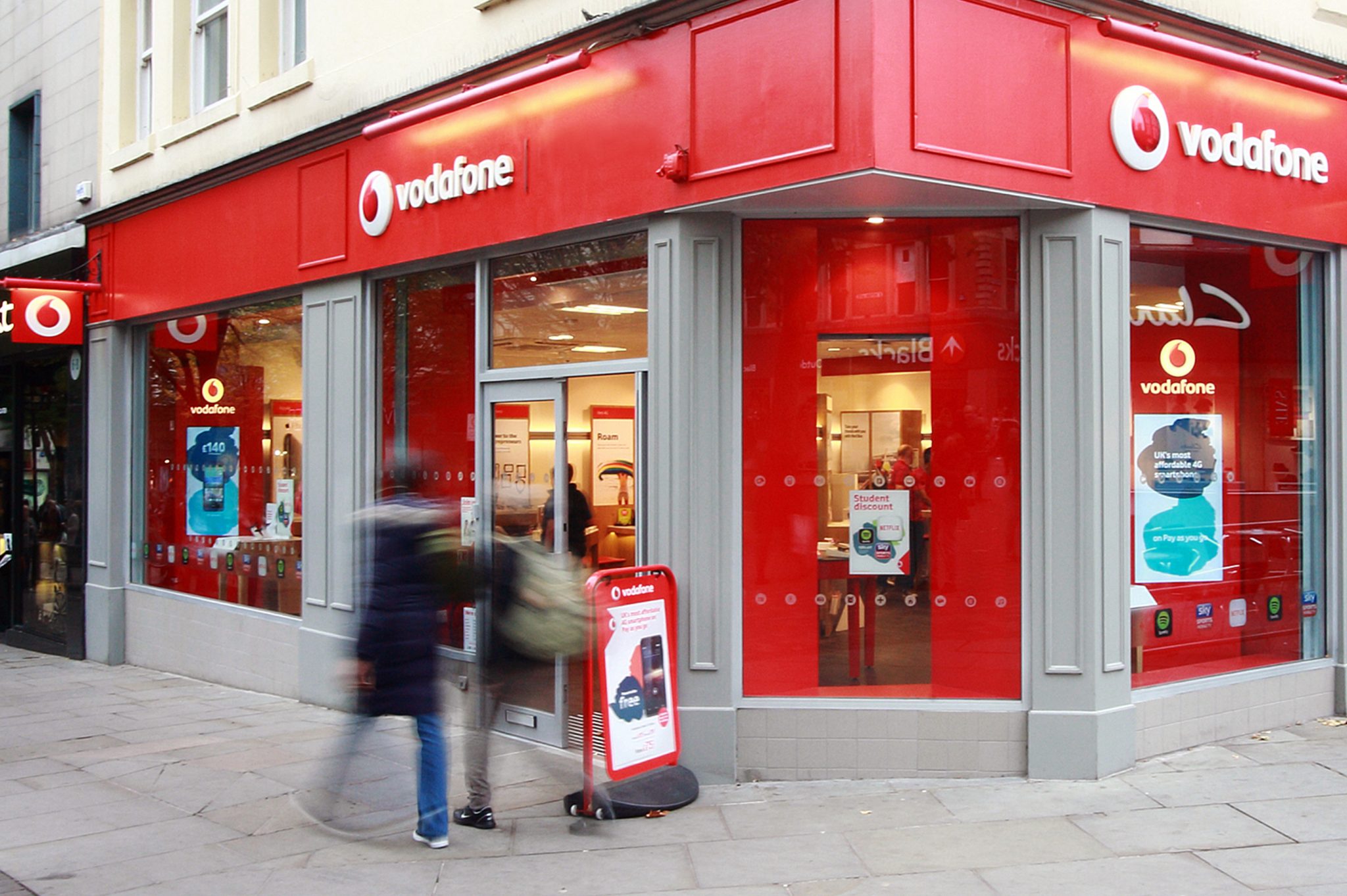69 per cent of Mobile Owners used mBanking in 2014
- Monday, June 15th, 2015
- Share this article:
 Nearly seven out of 10 mobile phone owners made a mobile banking transaction in 2014, up from 57 per cent in 2011, according to a new report from the Mobile Ecosystem Forum (MEF) on the state of global mobile money.
Nearly seven out of 10 mobile phone owners made a mobile banking transaction in 2014, up from 57 per cent in 2011, according to a new report from the Mobile Ecosystem Forum (MEF) on the state of global mobile money.
The report surveyed 15,000 mobile media users in 15 different countries including the UK, US, China, Nigeria, India, Brazil and the UAE, and found that mobile banking has exploded globally, particularly in emerging markets. In Indonesia, 80 per cent of respondents had carried out banking transactions via mobile in 2014; in Nigeria the figure was 85 per cent, and in Kenya it was an incredible 93 per cent.
mCommerce is also gaining traction, especially in more mature markets, with 43 per cent of respondents having bought a product using their mobile, either with a credit or debit card, an online payment service or through a retailers branded scheme.
Despite these encouraging figures, mobile proximity payments havent seen huge adoption yet, with only 20 per cent having used a mobile wallet, plug & pay device or mobile loyalty scheme. 18 per cent of respondents hadnt heard of mobile wallets, while 15 per cent didnt see the point of them.
Overall, 66 per cent of mobile users had made some form of purchase using their mobile in 2014, indicating that mCommerce in its various forms may have passed its tipping point and is close to universal acceptance. 48 per cent of users had purchased physical products of some form using their phones.
“There is no doubt that consumers are embracing mobile money,” said Rimma Perelmuter, CEO of the MEF. “Its a booming space and MEFs annual study identifies the key drivers of social media, messaging apps and second screening underpinning its remarkable growth.
“The report is also a clear call to action for the industry to build trust in the mobile platform. Whilst the consumers appetite to browse, buy and bank on the mobile device is becoming prevalent, the adoption of many new services is still being held back by concerns about privacy and security.”





